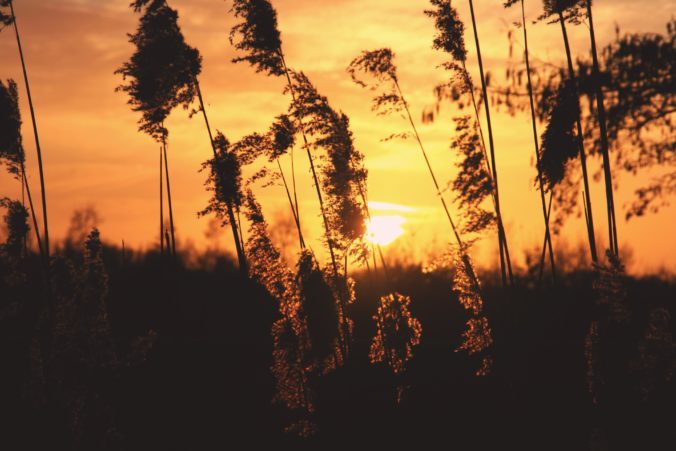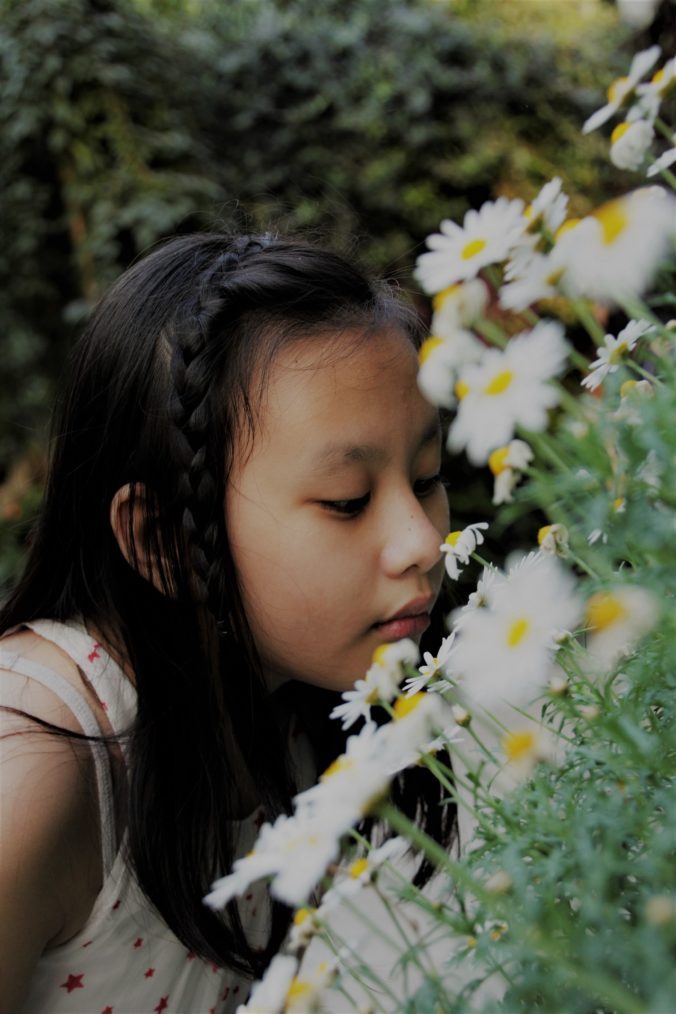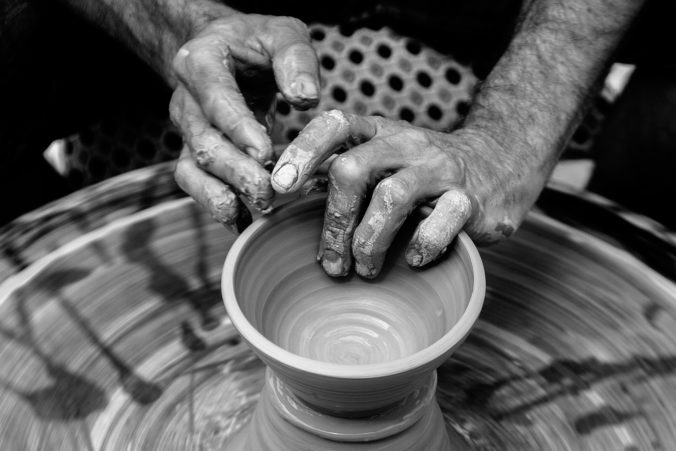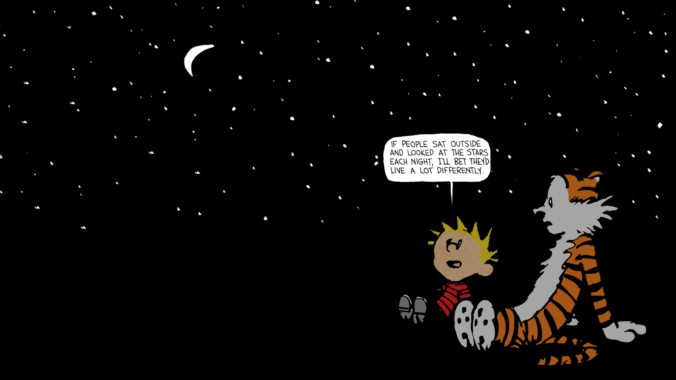Nature has – as a provision for an evolutionary fillip- designed us
to be a pleasure seeking species. It is our basic instinct to maximize
pleasure and alleviate pain. From the joy in the warmth of an embrace,
to the alluring magnetism of a baby’s smile, to the existentially
satisfying act of procreation, nature has designed our experience of
pleasure to meet its longing for itself, through our perennial pursuit
for posterity.
Up until a few decades ago, our pleasures were few
and far in between, and certainly, not accessible at will. To even get a
bowl of french fries, one had to wait for the winter harvest. Think of
the ubiquity of our starch laden indulgence in our tech-dictated age,
where it is just a few taps away on the screen!
Technology has
ushered in pleasures at a rate far beyond a human’s capacity to
experience them. The brain, stimulated constantly by novel stimuli,
seems to be in overdrive from the rush of dopamine and serotonin. The
ease with which pleasures are available to us in today’s age also begs
us to contemplate about where exactly pleasure morphs into peril, access
into addiction. How many addictions have we sanitized to normalcy?
Have we, in seeking pleasure, forgotten to discern which pleasures are worth pursuing and which ones are best avoided?
Before we talk about discernment, let’s simplify the types of pleasures we go out to seek.
At the risk of sounding simplistic, I believe that broadly, there are two kinds of pleasures:
1. The Simple Pleasures
2. The Easy Pleasures
The simpler pleasures of life are, in most cases, accessible to one and all without discrimination. A simple pleasure of life is accessible in the following two ways.
A Simple Pleasure :
a. Accessible by a Deep Presence : Think of a calming wind caressing your skin, a field of sunflowers in full bloom, glancing your finger on a touch-me-not plant, or watching the luminous courtship dance of fireflies on a dark night. These are simple pleasures accessible to anyone who is mindfully present in the moment.
b. Accessible by a Deep Perseverance : Think of the time when you created something new, a demanding pursuit that was awarded with the simple pleasure of a smile that stems from deep within, on realizing the beauty of what you’ve created. It could be a pot, a play, a sketch, a symphony, a code or a caramel cookie. Manifesting anew gives joy abound.
However, we are confronted with another kind of pleasure in today’s day and age. The Easier Pleasure.
The Easier Pleasures are :
a. Accessible as Cheap-Thrills : (vices, addictions, passive digital entertainment, sexual self-gratification, pornography)
b. Accessible as Lifestyle Frills : (Consumption borne out of wants and not needs, individualism to the point of corruption of the longing for fraternity, the culture of seeking identity from objects)
How does one discern between the two types of pleasures?
There’s a straightforward test to know the difference between a simple pleasure and an easy pleasure. A simple pleasure is borne out of creation. It could be the pleasure one gets from creating something or in marveling in being able to experience what someone else/ nature has created.
An easier pleasure is borne out of consumption. Through most of human history, the easier pleasure was accessible only to a select few. But with worldwide access to the internet, the easier pleasures have become accessible to much of our generation.
What if I were to suggest that the quality of
your life is a function of the choice you make when confronted with the
promise of experiencing pleasure?
While you have been designed
to be a pleasure seeking being, and the body doesn’t discern a
detrimental pleasure from a favorable one (it fires up the same happy
hormones in either case!), the responsibility of making a wise choice
rests on your own mind.
The more lasting pleasures are the ones
that have been earned through perseverance, or through a solemn presence
in the unfolding moment – the simpler pleasures that one is more likely
to reminisce about around a warm fire-place on a winter evening.
Creating something is perhaps the most demanding pleasure of them all that calls for a devotion that is absolute. But it is a much more character building than the pleasure that comes from the effortlessly accessible act of crude consumption.
The prospect of a meaningful life rests
on how well you are able to navigate the pleasure paradigm. While the
easier, short-term pleasures are easy to access, they seldom qualify as
prized nostalgia, nor do they chisel your character to reveal a more
glorious manifestation of your self.
Steering our pleasure-seeking self in the direction that asks for presence and perseverance is the prudent choice.
And when in a dilemma in choosing between the promise of two pleasures, ask yourself which one of the two is an easier pleasure and which one is the simpler pleasure. Once you can discern that, set sail to the winds of the latter.
For wisdom lay in choosing your pleasures wisely.



